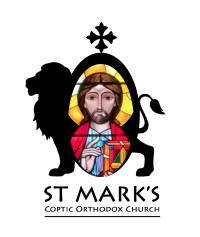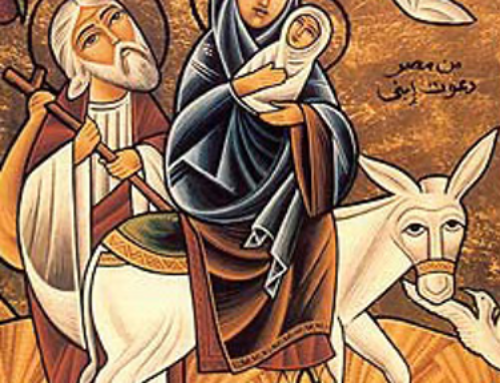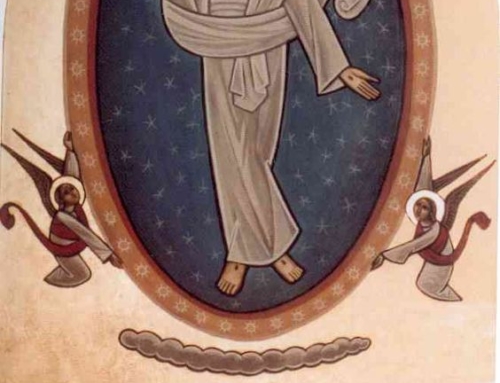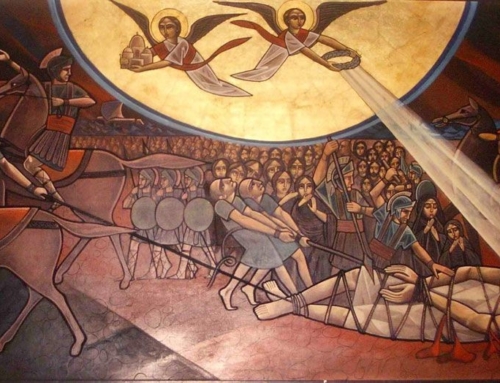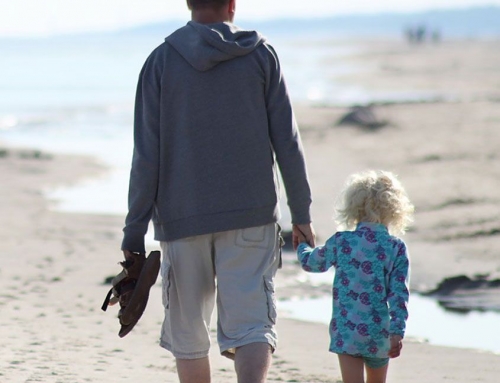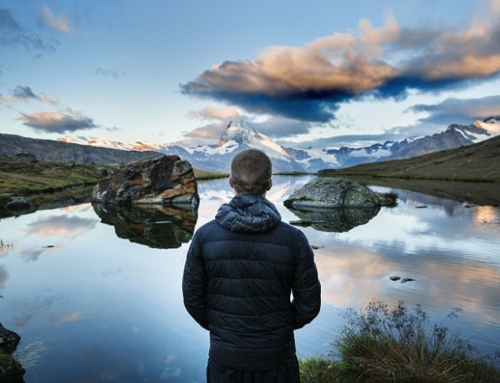Is it OK to fear?
Are you afraid right now?
 2020 has arguably dealt us a pretty cruel hand so far. We’ve not yet completed March and the whole planet is on lockdown. Each news channel is a ‘Top Trumps’ of which country has the worst mortality statistics. Understandably many are afraid; but is this fear justified? You may consider your visit to the grocery store a high-risk activity; but consider those marching into hospitals to face the danger head-on each day. Those with a sense of duty and commitment to vocation, despite the danger. Is fear justified then?
2020 has arguably dealt us a pretty cruel hand so far. We’ve not yet completed March and the whole planet is on lockdown. Each news channel is a ‘Top Trumps’ of which country has the worst mortality statistics. Understandably many are afraid; but is this fear justified? You may consider your visit to the grocery store a high-risk activity; but consider those marching into hospitals to face the danger head-on each day. Those with a sense of duty and commitment to vocation, despite the danger. Is fear justified then?
As of now, in the UK, we have not reached anything near the expected peak of the pandemic, but there are already doctors in intensive care or dead as a result of COVID-19. Healthcare professionals of all types are at risk, and I am one of them.
I am young, fit, healthy, and statistically not at significant risk of severe complications. I do not fear for myself, but for the risk I pose to my family at home. Numerous colleagues have moved away from their family home indefinitely due to the fear of bringing the virus home to their loved ones and putting them at risk.
I’ve been stepping onto the ward each morning reciting to myself “For God has not given me the spirit of fear; but of power, and of love, and of a sound mind!” (2 Tim 1:7). Power, love and a sound mind are all essential to me providing safe, compassionate care for my patients. However, given the circumstances, shaking this sense of fear is not as easy as it seems.
“Is it OK to fear? Did Christ ever fear?”, I’ve asked myself.
Fear is contagious. It saps attention and energy and consumes our mind. When it becomes our primary concern, it morphs into our idol. We become slaves to our fear.
Romans 8:14-15
For those who are led by the Spirit of God are the children of God. The Spirit you received does not make you slaves, so that you live in fear again; rather, the Spirit you received brought about your adoption to sonship. And by him we cry, “Abba, Father.”
Surely this isn’t how we were created to live. For in the beginning, in the perfect realm of paradise, the first humans Adam and Eve felt no fear at all. It wasn’t until they fell to their corruption that Adam spoke “I heard you in the garden, and I was afraid because I was naked; so I hid” (Gen 3:10).
However, we’re not in this alone! Our God is one who is incarnate fully human as He is fully God, and so is able to empathise with our pain. As Jesus knelt in prayer in the Garden of Gethsemane on the eve of his crucifixion, He knew all too well the pain that was coming. “‘Abba, Father’” he said, “everything is possible for you. Take this cup from me.” (Mark 14:36). “And being in anguish, he prayed more earnestly, and his sweat was like drops of blood falling to the ground” (Luke 22:44). However, it was not that He feared physical pain, but it was the horror of standing before the universe identified with the sin and sorrow of the world, as though these were His own.
The Psalms, Gospels and nearly every book in between has repeated commands of ‘Do not be afraid’. So how am I meant to obey these instructions? Fr. Anthony Messeh outlines the steps beautifully. It starts with accepting His love for me, for “There is no fear in love, perfect love casts out fear.” (1 John 4:18). Fear and love are antithetical and cannot co-exist. We must cling to, and trust His love, regardless of our tribulations.
Romans 8:38-39
For I am convinced that neither death nor life, neither angels nor demons, neither the present nor the future, nor any powers, neither height nor depth, nor anything else in all creation, will be able to separate us from the love of God that is in Christ Jesus our Lord.’
Secondly, believe that there is no fear in death.
Hebrews 2:14-15
Since the children have flesh and blood, he too shared in their humanity so that by his death he might break the power of him who holds the power of death—that is, the devil— and free those who all their lives were held in slavery by their fear of death.
Finally, commit all my fears and life to Christ. For He is not a distant and absent God, but a loving Father who cares deeply for each of our struggles.
Psalm 46:10
He says, “Be still, and know that I am God;
I will be exalted among the nations,
I will be exalted in the earth.”
Signed, fearless medic.
Mark Maher

